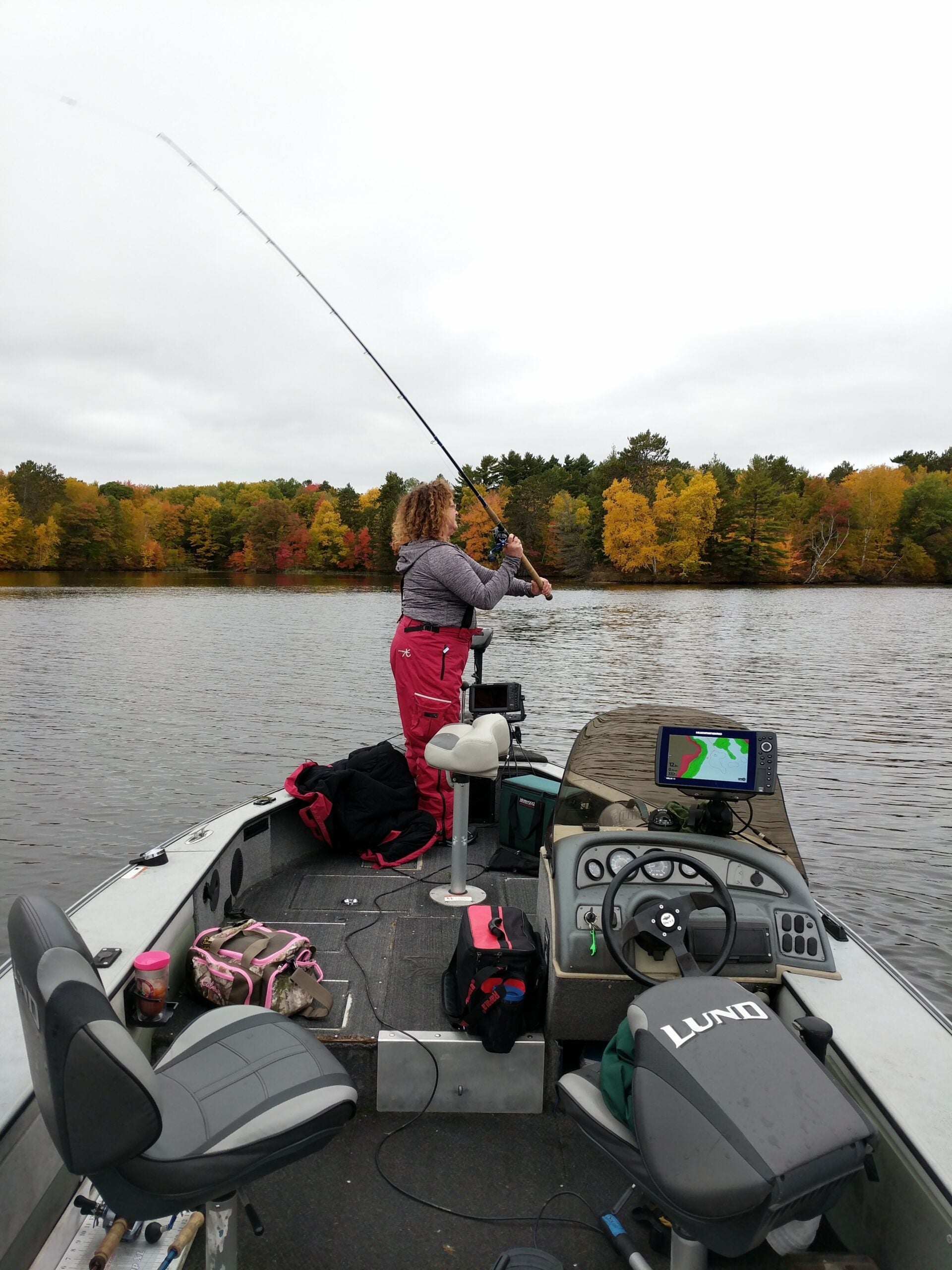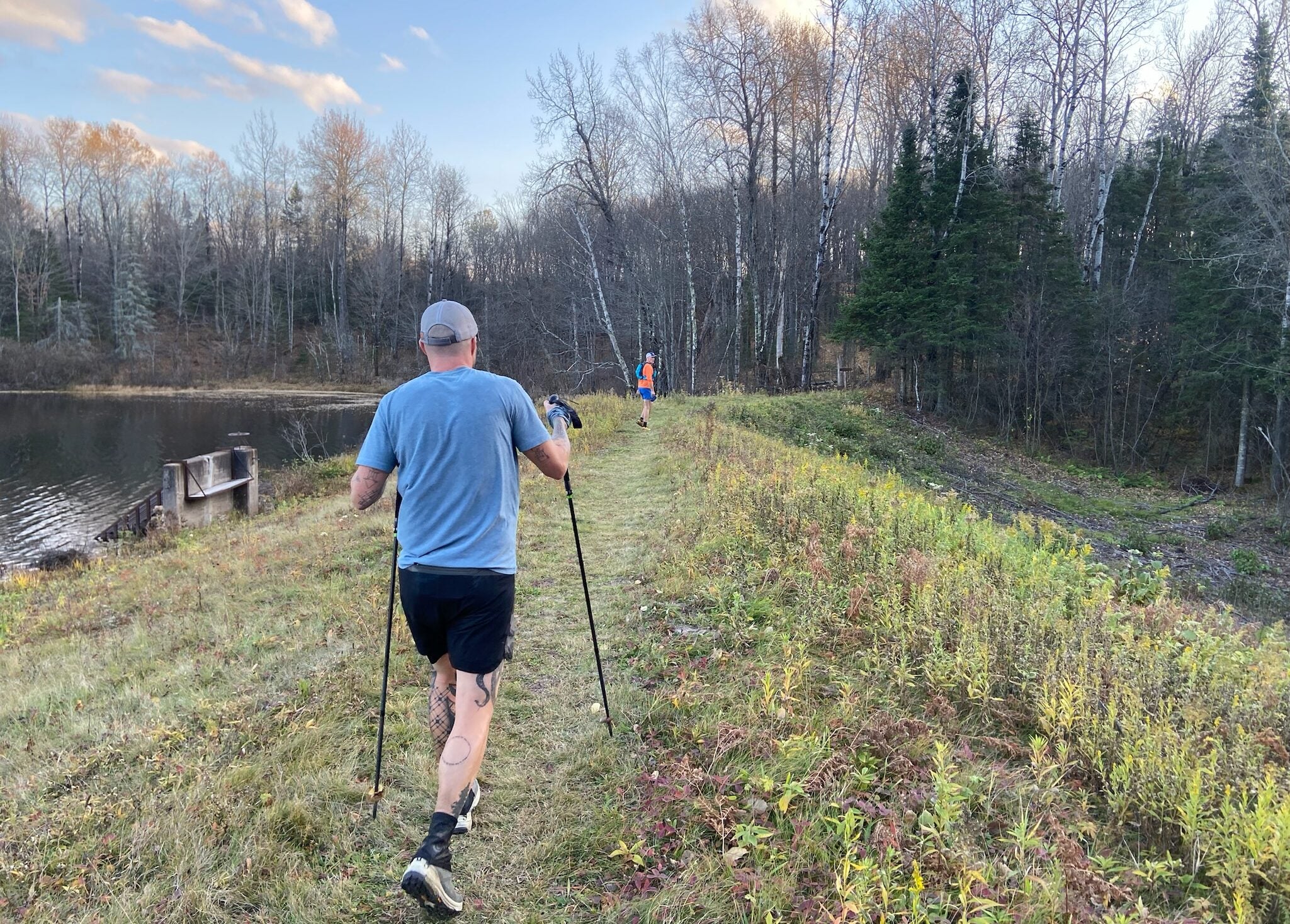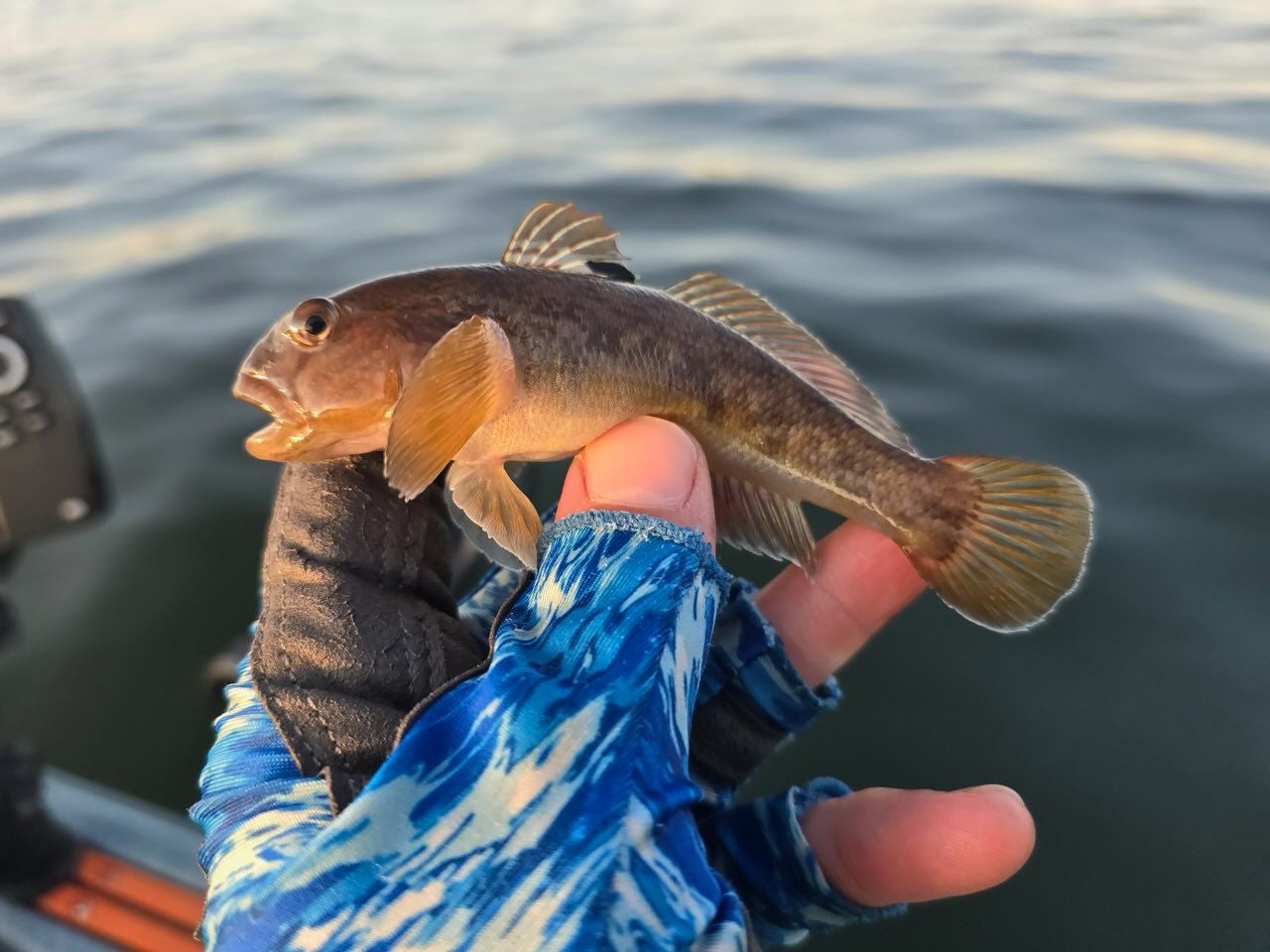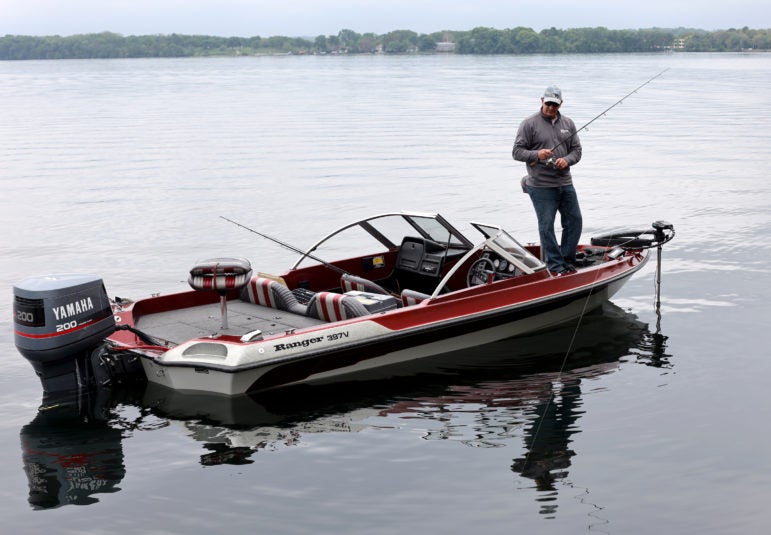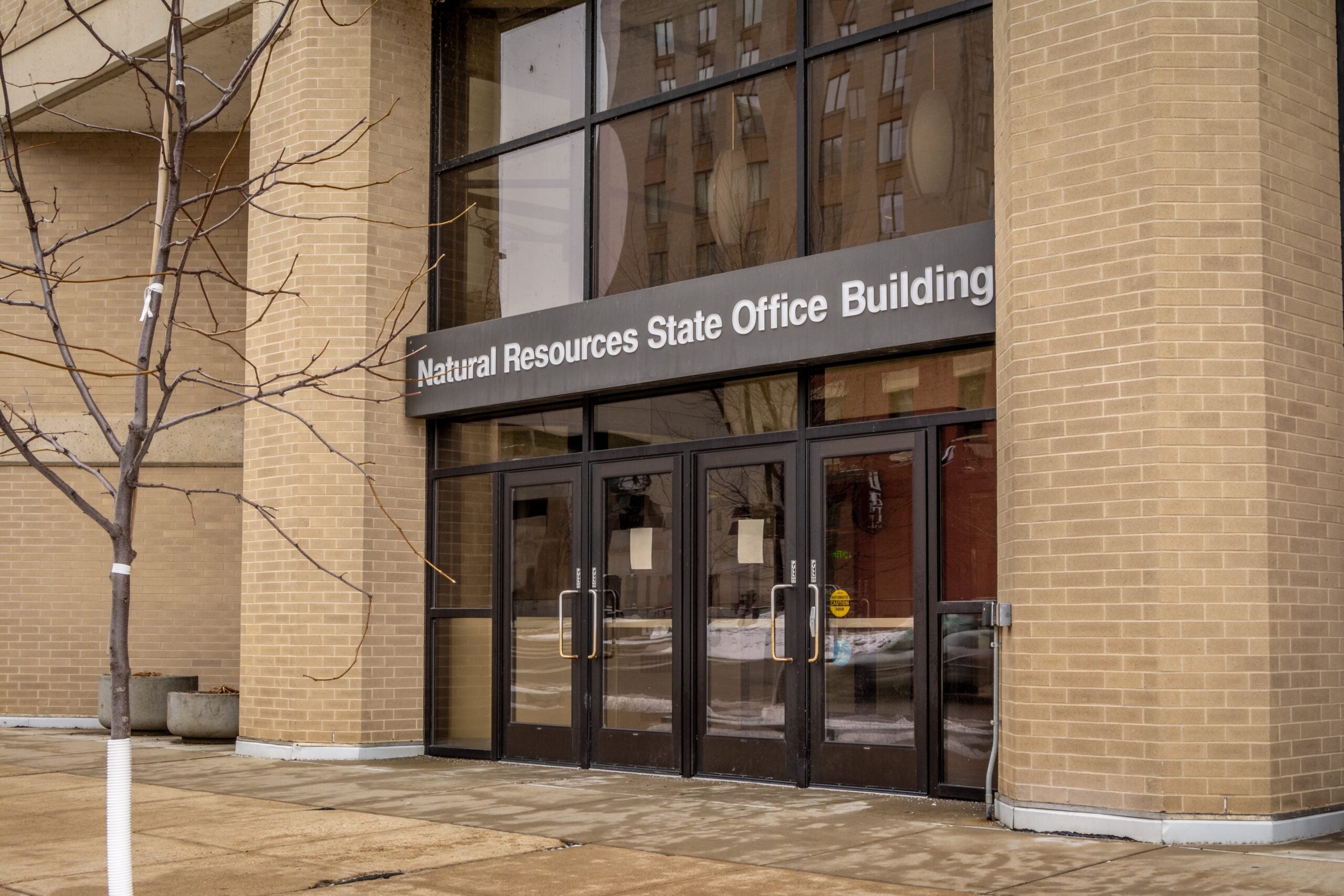Wisconsin’s fishing opener on inland lakes begins this Saturday. But while dedicated anglers will be headed back to the water, annual fishing license sales are on the decline after a boost during the COVID-19 pandemic.
In the last year, the Wisconsin Department of Natural Resources sold around 805,000 annual fishing licenses to residents through the end of March. Tim Gary, the DNR’s budget and policy analyst, said that’s well below the low of nearly 824,000 licenses sold through the end of March 2020.
Wisconsin reached a high of 944,000 licenses sold to residents through March of 2021 as more people headed outdoors during the COVID-19 pandemic. When combined with out-of-state residents, that number climbed to 1.1 million licenses sold.
That pandemic boom appears to have gone bust.
“We are seeing, big picture, a return to the decline that was occurring prior to COVID-19,” Gary said. “What we’re seeing is a lot of residents are aging into the senior citizen section. So we’re seeing some growth there in the number of senior citizen licenses that are being sold, but we’re seeing declines elsewhere kind of across the board.”
Fewer licenses being sold for fishing and hunting means there is less revenue going toward state programs that support those hobbies.
Standard fishing licenses cost $20 for residents, and DNR figures show they made up 52 percent of all annual resident licenses sold through March of 2017. But that decreased to 47 percent of all licenses sold through March of this year.
During the same timeframe, the state sold 782,508 resident deer hunting licenses from through March of 2017. Sales have since dropped by roughly 5 percent to 741,554 licenses sold from through March of 2024.
News with a little more humanity
WPR’s “Wisconsin Today” newsletter keeps you connected to the state you love without feeling overwhelmed. No paywall. No agenda. No corporate filter.
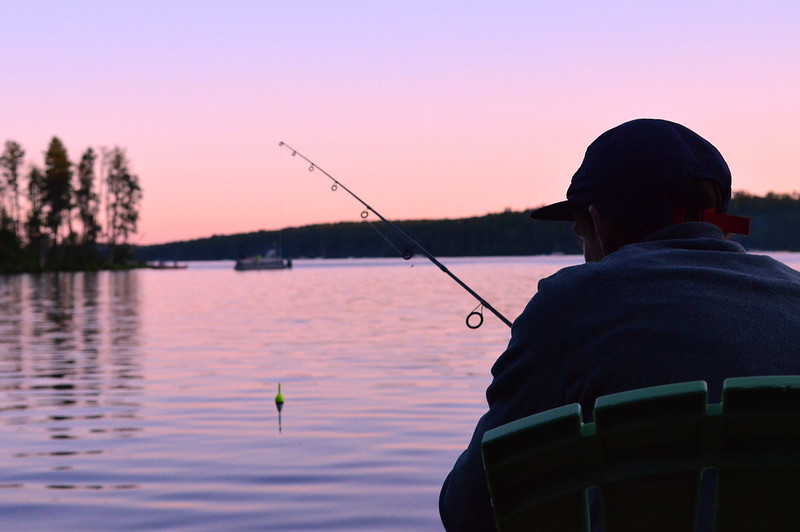
License sales are largest share of state’s fish and wildlife account
License sales for fishing and hunting among other fees are the most significant source of revenue for the state’s fish and wildlife account, which is facing a $16 million deficit by 2026. The account is the primary funding source for fish and wildlife management. Under the current budget, the Legislature shifted $25 million from the agency’s forestry account to make up for a shortfall in funding.
Paul Neumann, chief of the DNR’s Management and Budget Section, said changing demographics and participation among anglers and hunters are leading to less revenues.
Gary added the agency is also facing rising costs due to inflation, which has increased 59 percent since 2005.
“From the 1960s to 2005, resident annual fishing licenses were increased every five-and-a-half years on average,” Gary said. “It’s been almost 20 years since the last increase from nearly all annual fishing licenses.”
The DNR is preparing a slate of options that the Legislature and Gov. Tony Evers may consider to address the account’s looming shortfall. Those options could include raising resident and nonresident licenses, as well as eliminating discounts for special groups. Discounts for veterans, seniors and others are reducing the account’s revenue by about $17 million per year.
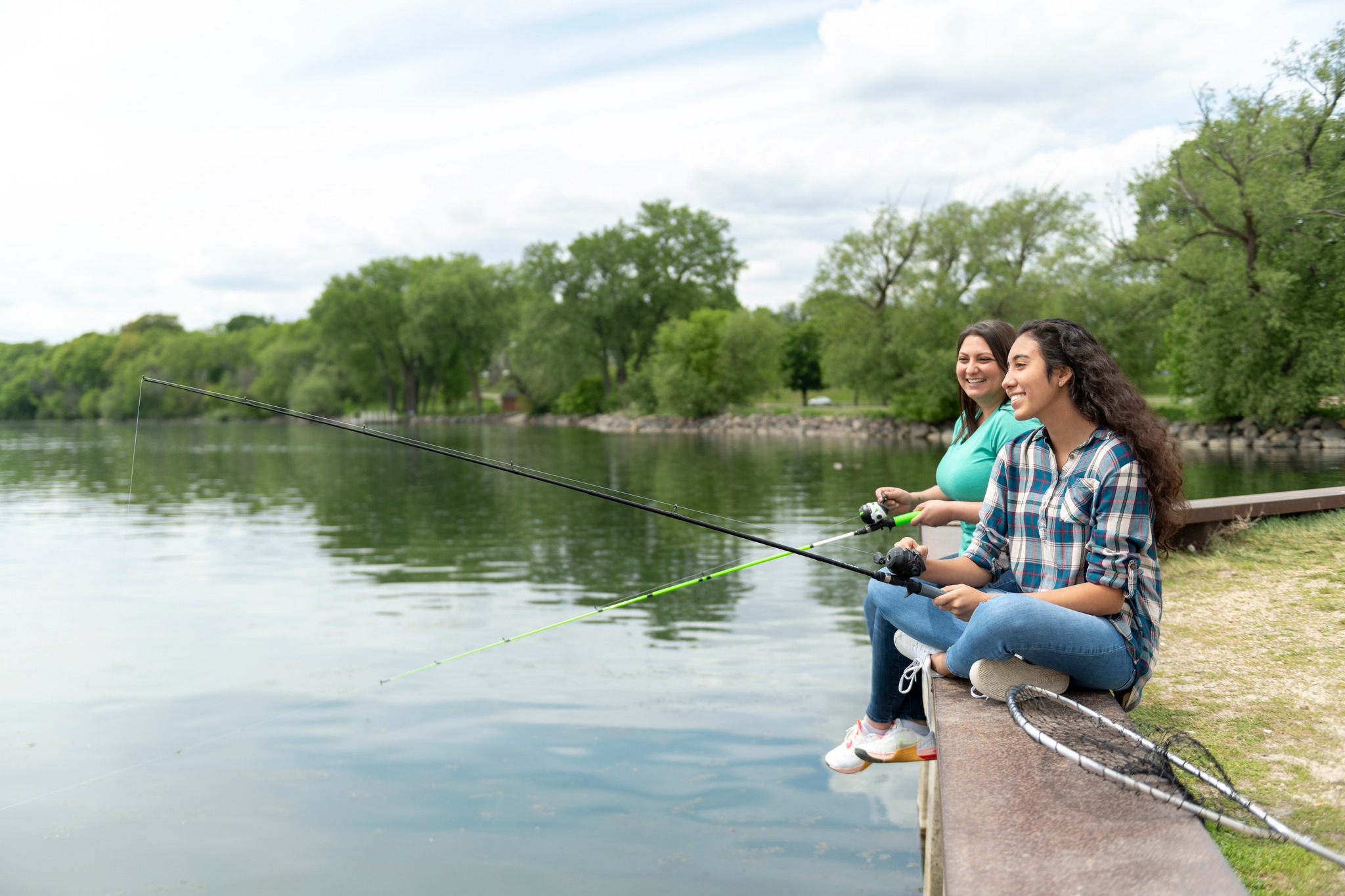
DNR, groups weigh slate of options to address funding shortfall
Mike Kuhr, advocacy chair for Wisconsin Trout Unlimited, said the group is in favor of a modest increase in resident fishing licenses. He noted Michigan increased its resident license fees, and Minnesota raised its sales tax in 2008 to generate funds for conservation.
“It’s ultimately us who’s going to suffer when the quality of those resources diminishes because we haven’t put in the funding that’s needed to properly support it, manage it, take care of it, and make sure it’s there for the next generation,” Kuhr said.
In February, Evers signed a Republican bill that raised non-resident license fees for bow and crossbow hunters. Sen. Rob Stafsholt, R-New Richmond, chairs the Senate’s sporting heritage committee. During a hearing on the bill, he said he generally opposes raising license fees. His office didn’t return a request for comment on ways to address the account’s shortfall.
Cody Kamrowski is executive director of the Wisconsin Wildlife Federation, which represents around 200 affiliate hunting, fishing and outdoor groups. Kamrowski said there’s no silver bullet to solve the problem. He agreed there should be more discussion about raising resident and nonresident license fees.
He said Wisconsin could also explore funding methods used by other states, as well as bringing revenues in from other groups. He said that may include a backpack tax for hiking groups or charging a fee for canoe and kayak registration.
“I think that’s really important is to start having conversations with these groups and figuring out what is feasible, what is not,” Kamrowski said. “Nobody likes paying fees or paying taxes, but it’s an essential aspect of the resources because everything is user-funded.”
The DNR plans to provide options to the governor by December in preparation for the next two-year budget.
Wisconsin Public Radio, © Copyright 2025, Board of Regents of the University of Wisconsin System and Wisconsin Educational Communications Board.

